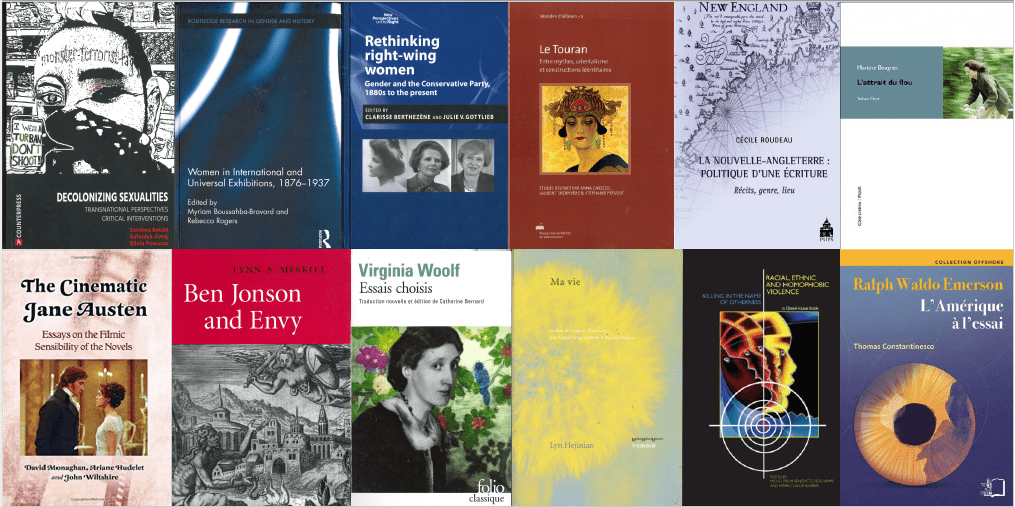Gender and Sexuality Studies
Continuing the work of the ‘Gender Studies’ research group, the collective reflection of the Gender and Sexuality Studies Research Group (GSS) centres on issues pertaining to construction of gender, sexuality and sexual orientation in their interaction with social, economic and political relations. The research theme titled ‘Un/thinking Binaries’ attaches importance to diversity, discrimination and intersections of race, ethnicity, class, gender, sexuality, region, and religion with different but co-constitutive, co-imbricated systems of knowledge and power.

The principal aim of ‘Un/thinking Binaries’ is to bring together researchers working to interrogate binary classification regimenting attributes of gender, race, class, sexuality and religion. In its interdisciplinary focus, ‘Un/thinking Binaries’ proposes to queer, revise, renew and extend methodological tools to navigate longstanding normative binaries of man/woman, male/female, masculine/feminine, homo/hetero-sexualities, cis/trans-gender in relation to frames of social categorisation such as race, ethnicity, religion, class, region, ableism and ageism to name a few.
The members of GSS comprise permanent staff, early career researchers and doctoral students with specialisms across disciplines of History, Art and Visual Cultures, and Literature. GSS spans a wide array of geographical locations, periods, approaches, and disciplinary crossings, considering how research objects translate across languages and cultures.
Directors:
Affiliated seminars:
- Gender and Sexuality Studies
- Empires, Souths, Sexualities – https://victorianpersistence.wordpress.com/empires-souths-sexualities/
Latest Axis news
No Results Found
The page you requested could not be found. Try refining your search, or use the navigation above to locate the post.
